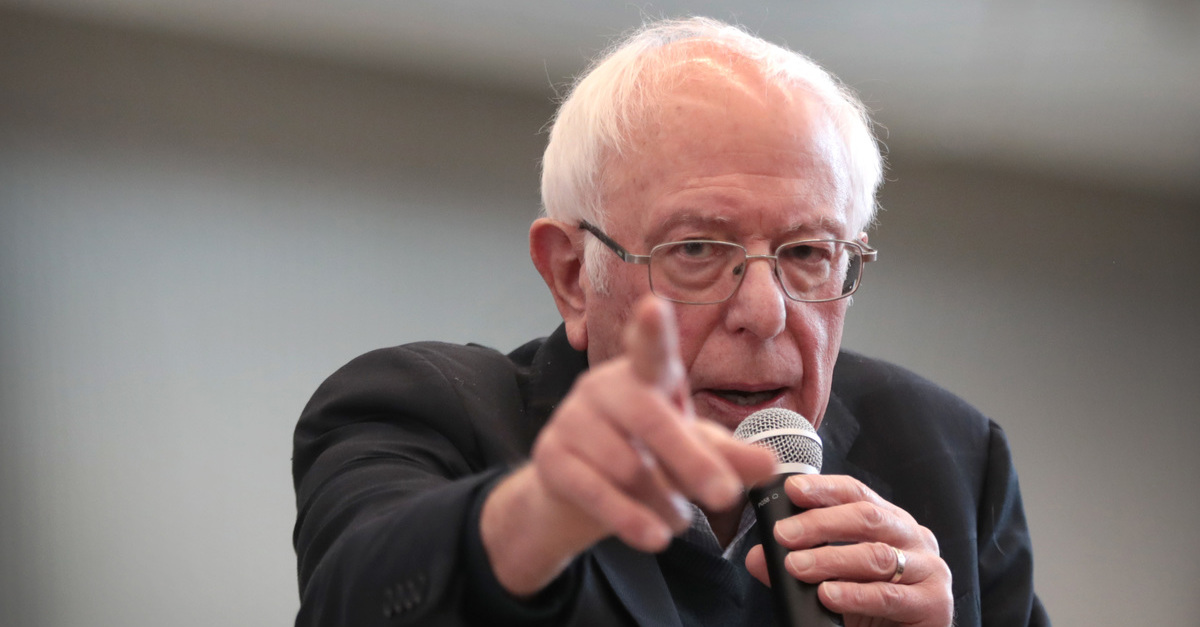
As the Democratic presidential primary continues to winnow out candidates, those remaining in the race are subjected to increased scrutiny and inspection that can expose otherwise overlooked miscalculations and oversights. With Sen. Bernie Sanders (I-Vt.) emerging as one of the party’s two front-runners, legal experts examining his marijuana legalization platform pointed out that his promises far exceed what’s possible under the nation’s constitutional structure.
On his official campaign website, Sanders pledges that if elected, his administration will “review all marijuana convictions – bother federal and state – for expungement and re-sentencing.”
“[W]e will direct federal and state authorities to review current and past marijuana related convictions for eligibility,” the plan states. “This review will include re-sentencing for all currently incarcerated with marijuana convictions. Following determination of eligibility or status, prosecutors will have one year to appeal or object, after which authorities will automatically expunge and vacate past marijuana convictions for all those eligible.”
While the ultimate goal of reducing criminal convictions for marijuana-related charges is widely shared by leaders from both political parties, basic principles of constitutional federalism, which delineate the powers of the federal government and state governments, explicitly prohibit the president from expunging state criminal convictions.
“Almost every single marijuana conviction is a state conviction. The Feds have no control over state criminal processes,” Fordham Law professor John Pfaff wrote of Sanders’s plan. “Would Fed de-scheduling encourage states to follow? Maybe! Or not. Or at least not everywhere. But expungement? That’s a whole separate—trickier!—issue.”
https://twitter.com/JohnFPfaff/status/1235747978075402241
Pfaff went on to explain why Sanders’s plan isn’t feasible in every state nationwide.
“Many ppl, even in places that have legalized or decriminalized, oppose expungement on the ground that the person still broke what was the law THEN, and that illegality matters, even if weed is later made legal,” he said.”The Fed bully/fiscal pulpit is much weaker on expungement.”
Professor Jed Shugerman, Pfaff’s colleague at Fordham Law, agreed with the assessment, writing, “This is about the Constitution and basic limits on federal power, even if we agree in substance.”
University of North Carolina criminal law professor Carissa Byrne Hessick said Sanders’s pledge reflected a basic failure in understanding of the constitutional authority granted to the executive branch.
“What’s so shocking about the Sanders plan is not what it is trying to accomplish,” she wrote. “It’s that it appears to have been written by someone who doesn’t have a rudimentary understanding of federal/presidential power.”
[image via Scott Olson/Getty Images]